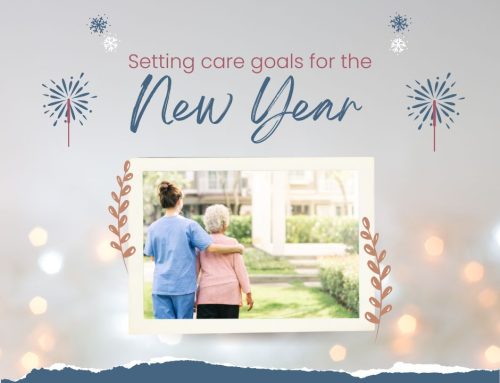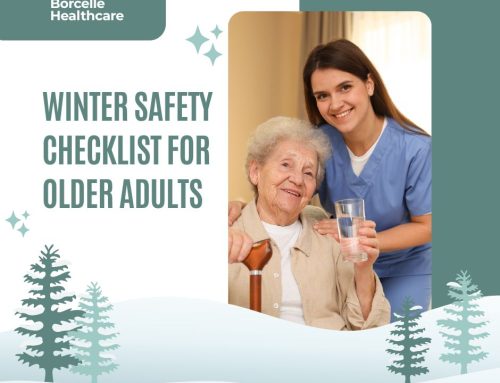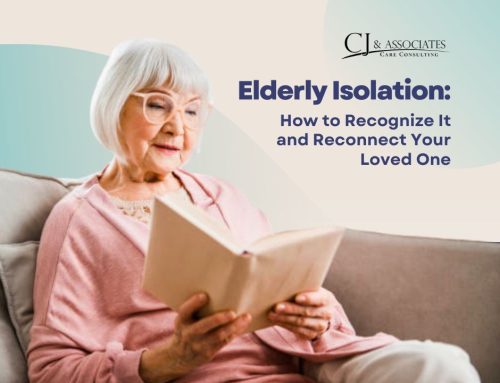You’re not alone if you feel overwhelmed trying to care for an aging parent or loved one. Knowing where to start can be the hardest part. That’s where a geriatric care assessment comes in—the first step toward building a plan that works for your loved one and your family.
In this post, we’ll explain a geriatric assessment, why it matters, and what to expect during the process. Our goal is to help you feel more informed and confident as you navigate your caregiving journey.
What Is a Geriatric Care Assessment?
A geriatric care assessment is a comprehensive evaluation designed to understand an older adult’s needs, strengths, and challenges. Unlike a regular check-up, this assessment takes a holistic look at the individual, considering their physical health, cognitive abilities, emotional well-being, daily functioning, and home environment.
Depending on your location and the services you choose, it may be performed by a geriatric care manager, a physician specializing in elder care, or a multidisciplinary team. This thorough process ensures that all aspects of an individual’s life are considered, leading to tailored care plans that enhance quality of life. Geriatric care explained emphasizes the importance of collaboration among healthcare providers, caregivers, and family members to address the complexities faced by older adults. Ultimately, the goal is to promote independence and maximize well-being in the later stages of life.
Why Is It Important?
The main goal of a geriatric care assessment is to identify areas of concern early, so you can make informed decisions and avoid crises. It helps:
– Prevent falls and hospitalizations
– Uncover hidden health or safety issues
– Create a personalized care plan
– Coordinate support services
– Provide peace of mind for families
In short, it empowers you to be proactive rather than reactive. Furthermore, geriatricians possess specialized training that equips them to handle the complexities of aging patients more effectively than primary care physicians. This expertise enables them to address multifaceted health issues that may arise in older adults, ensuring a comprehensive approach to care. Ultimately, a geriatric care assessment can bridge the gap between geriatricians vs primary care physicians, facilitating a more coordinated effort in managing the health of older individuals.
What Areas Are Evaluated?
Every individual is different, but most assessments cover these key areas:
– Physical health: Chronic conditions, medications, nutrition, mobility
– Cognitive function: Memory, decision-making, mental clarity
– Emotional well-being: Mood, anxiety, depression, social interaction
– Activities of Daily Living (ADLs): Bathing, dressing, eating, toileting, mobility
– Home safety: Risks of falls, lighting, layout, accessibility
– Support system: Family, caregivers, community resources
What Should You Expect During the Appointment?
The assessment usually takes 1 to 2 hours and may happen at home, in an office, or virtually. A care professional will ask questions, observe how your loved one moves and interacts, and possibly perform basic screenings or tests.
It’s helpful for family members to be present, especially if they assist with daily care or medication management. Expect to discuss:
– Medical history and current medications
– Changes in behavior or memory
– Sleep patterns and appetite
– Ability to manage finances or household tasks
What Happens After the Assessment?
Within a few days, you’ll receive a written summary of findings and recommendations tailored to your loved one’s needs. These might include:
– In-home care services
– Home safety modifications
– Referrals to specialists
– Meal delivery programs
– Cognitive or emotional health support
The assessment is often the foundation for a longer-term care plan and ongoing support.
How to Prepare
A little preparation can help the process go smoothly:
– Gather a list of current medications and dosages
– Write down any recent changes in behavior or health
– Prepare legal documents (POA, advance directives, etc.) if available
– Bring questions—this is your time to learn, too
Final Thoughts
A geriatric care assessment isn’t a test—it’s a compassionate evaluation designed to support your loved one’s well-being and your peace of mind. It lays the groundwork for thoughtful, informed, and profoundly personal care.
If your family could benefit from a geriatric assessment, we’re here to help. Reach out to our team today to schedule a consultation or ask questions. You’re not alone and don’t have to figure this out alone.
Need Help Getting Started?
Contact us today to speak with a compassionate care consultant. We’re here to support you.






